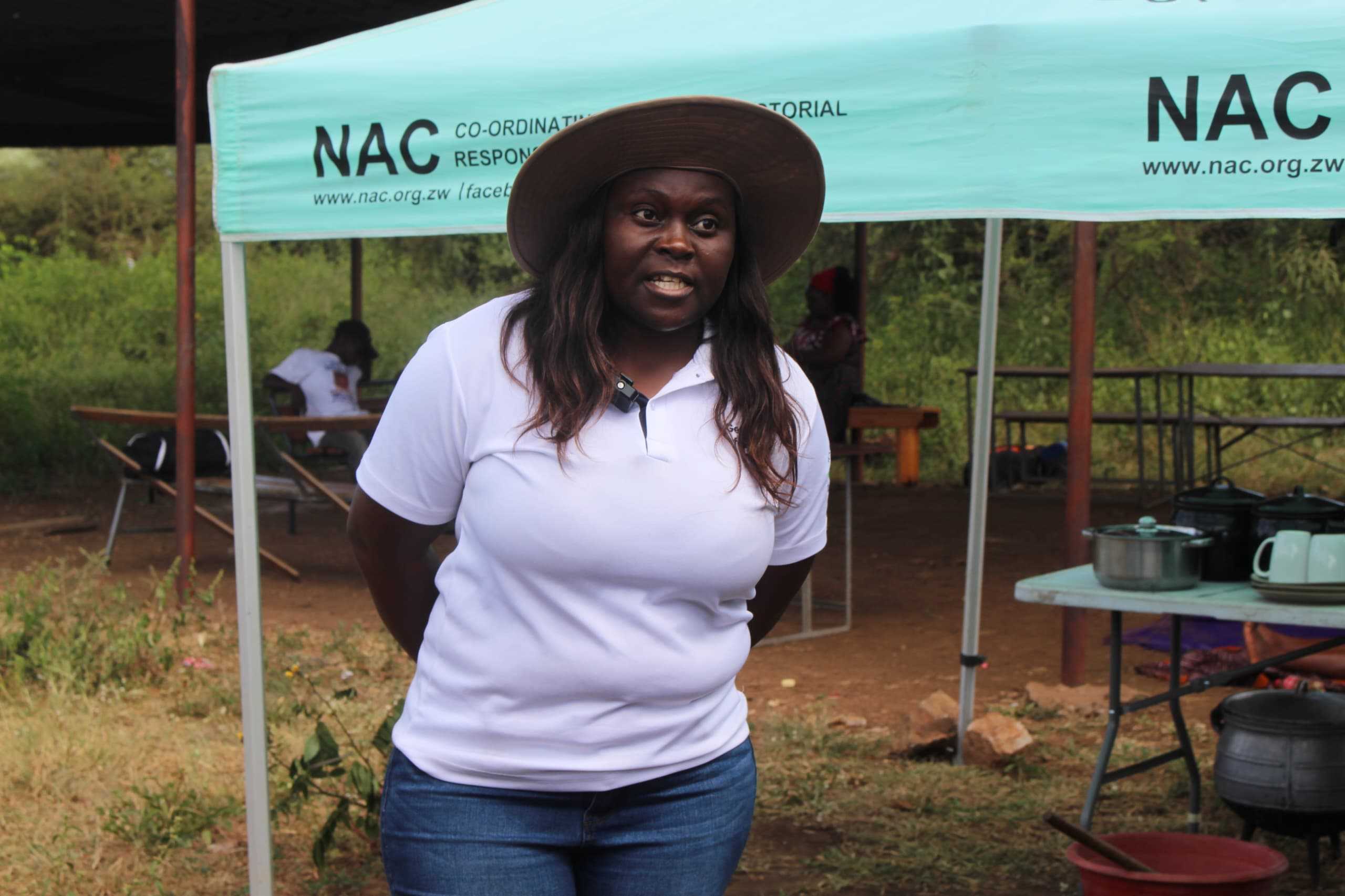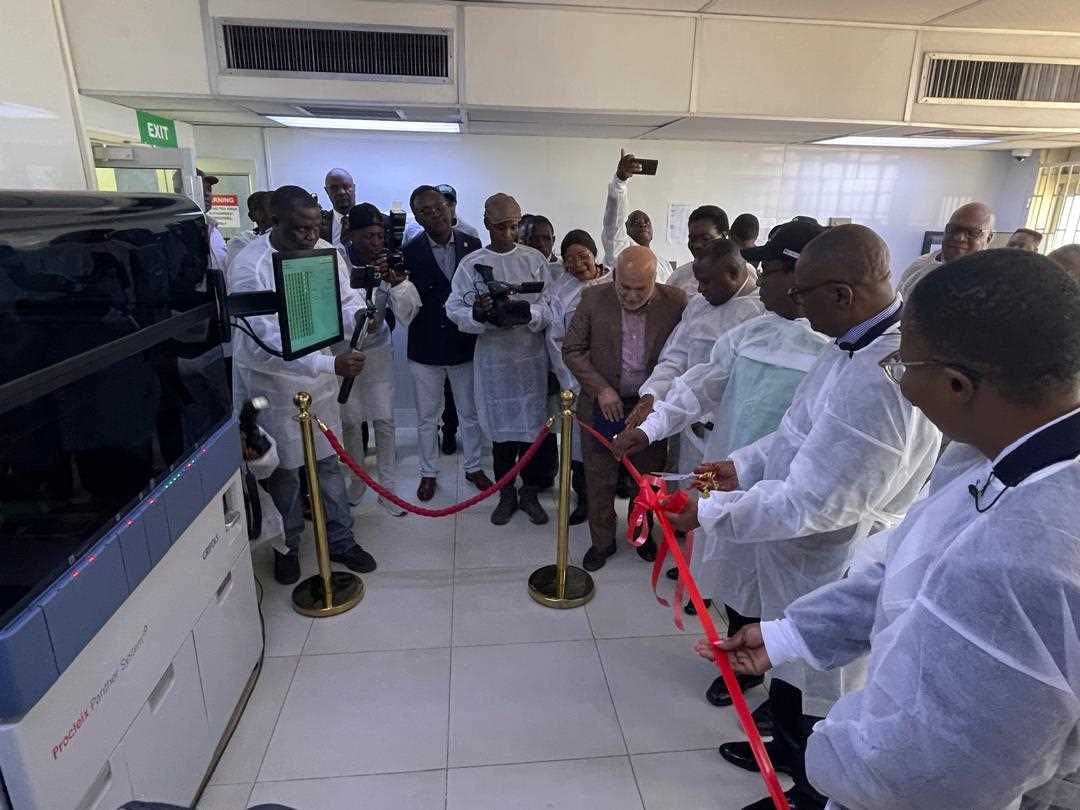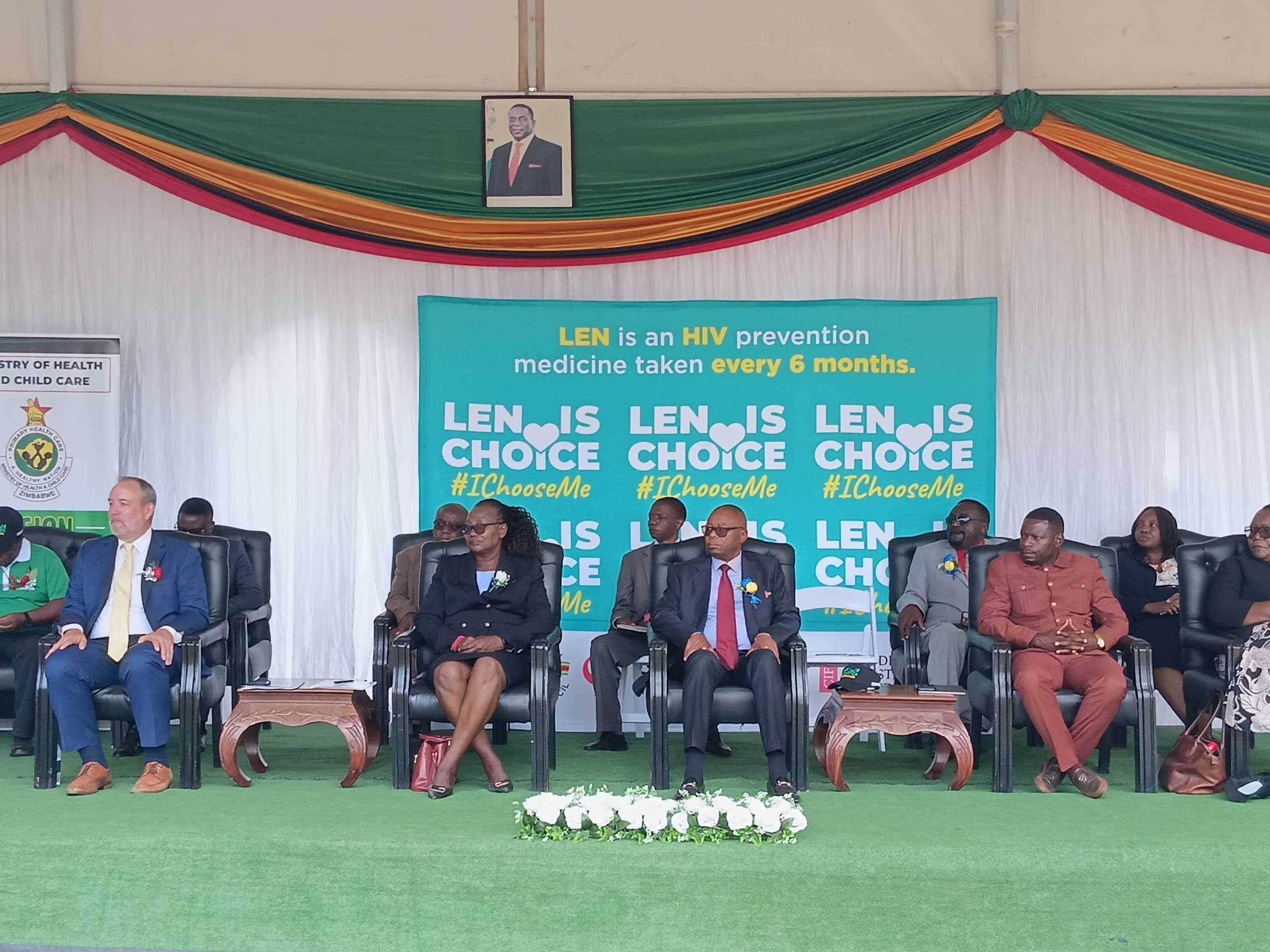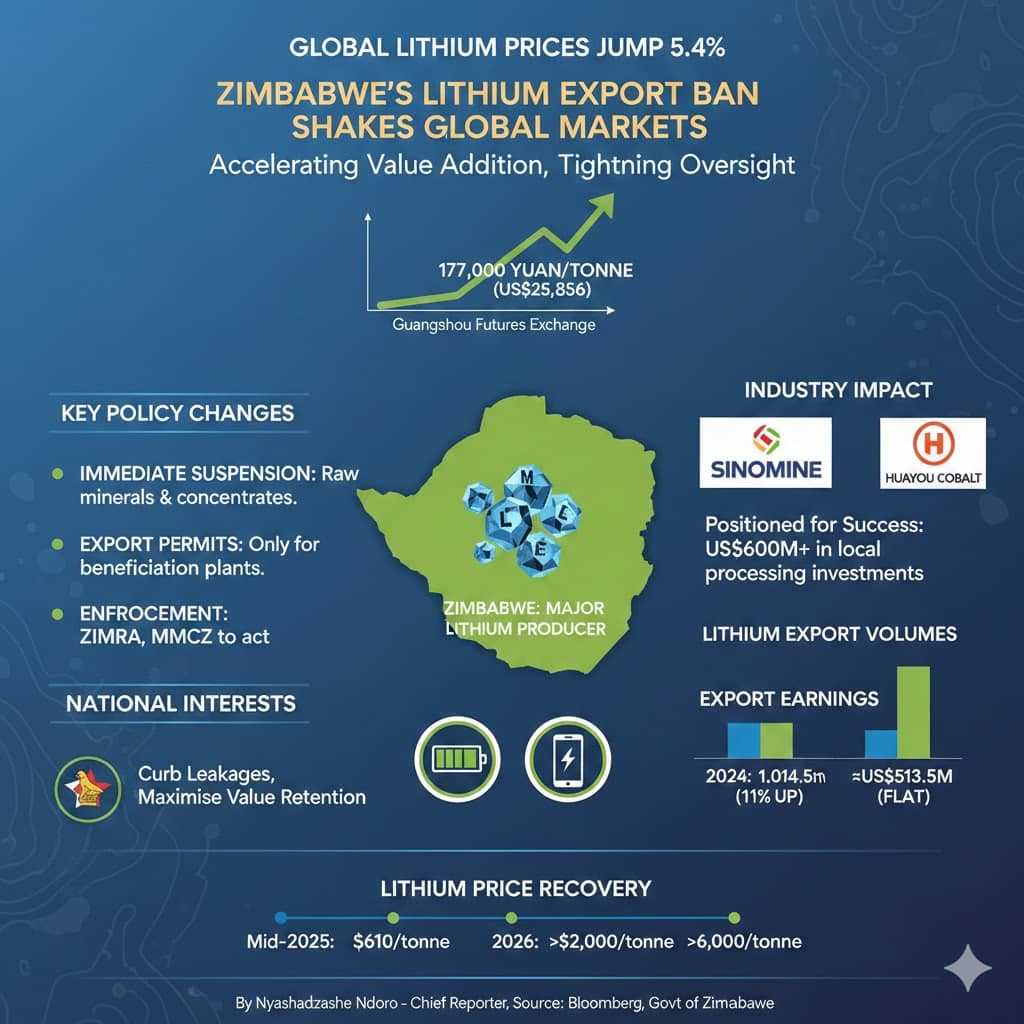
Patricia Mashiri- Zim Now Reporter
In a bid to reduce new HIV infections in Mudzi district, the National AIDS Council has introduced economic empowerment projects for sex workers through a peer-to-peer mentorship program.
Peer-to-peer mentorship is a model where individuals with similar experiences or backgrounds support and guide one another. Under this initiative, NAC selected and trained a group of sex workers, who are now mentoring their peers.
Speaking to Zim Now, Trader Muzamhindo, the NAC Mudzi District AIDS Coordinator, said the initiative aims to empower sex workers economically, enabling them to negotiate for safer sex and make informed reproductive health choices.
"When sex workers have a stable income, they are less vulnerable and can advocate for safer sex practices, reducing the risk of HIV transmission. This initiative was introduced in response to concerns from sex workers that their trade is no longer financially viable," she said.
Muzamhindo added that NAC partnered with the Ministry of Women’s Affairs to train participants in savings groups known as Mukando. Through these savings, the women have been able to start various income-generating projects, including poultry farming. Some have even expanded into cattle rearing, catering, traditional dance, and choir performances.
Related Stories
Beyond economic empowerment, peer educators have also been trained in HIV prevention methods, including pre-exposure prophylaxis, post-exposure prophylaxis, adherence to antiretroviral therapy, and general healthcare. They then pass this knowledge on to their colleagues.
According to the 2024 National HIV Estimates, Mudzi district has an HIV prevalence rate of 10.8% and an incidence rate of 0.11%.
Spiwe Jakopo, a sex worker and NAC peer educator in Makaha, highlighted the impact of the program.
"I was selected to mentor my colleagues because it wouldn’t be effective for married women to teach sex workers in their workspaces. The peer-to-peer model works, and we have learned a lot about self-care—both for those who are HIV-negative and for those who are positive, to ensure proper adherence to medication," she said.
Jakopo also shared how the economic projects are helping them sustain their families.
"We have a poultry project with 100 chickens, and we plan to expand it further. These initiatives allow us to support ourselves and our families," she added.
Mudzi district has three major HIV hotspots: Nyamapanda border area, Kotwa Growth Point, and Makaha gold mining area. Situated in natural regions 4 and 5, the district's main economic activities include farming, mining, and petty trade.




















Leave Comments